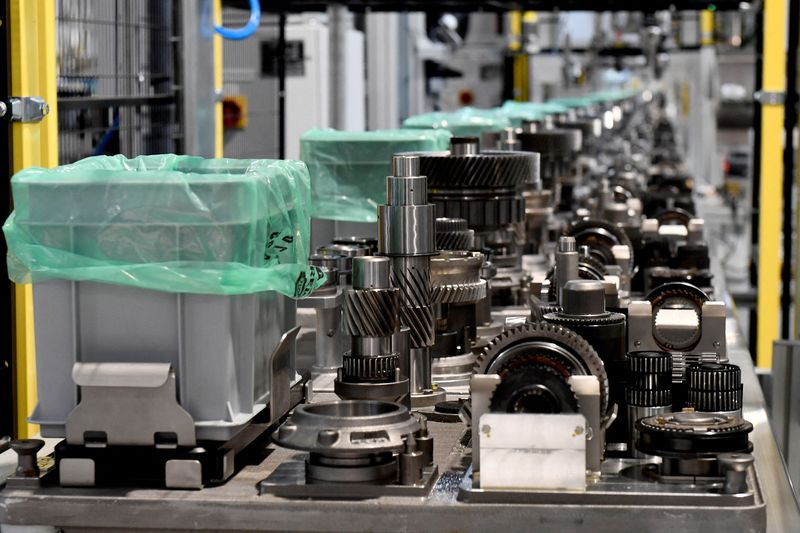Stellantis sees Italian plants running at full capacity in 2030
2024.06.04 12:07
MILAN (Reuters) – Stellantis (NYSE:) sees its Italian plants running at full capacity in 2030 as plans for new models, including hybrid ones, are expected to support production, Chief Executive Carlos Tavares said on Tuesday.
Stellantis and the Italian government have fought a war of words in recent months over the automaker’s falling output in the country, with Rome criticising it for moving production of some models of its historic Italian brands Fiat and Alfa Romeo to lower cost countries.
Tavares said on Tuesday the company had given reassurance to unions about its production plans until the start of the next decade, and beyond in some cases. However, he criticised the high costs of energy in Italy.
“It is quite clear that there is no problem of activity in Italy,” he said, after meeting unions at Stellantis Melfi plant in southern Italy.
“In Italy there will be 100% of capacity for all plants in 2030,” Tavares said, adding that was based on a working week pattern of 15 eight-hour shifts.
Stellantis employs around 43,000 people in Italy but the number could fall during this year following agreements in March with unions on voluntary redundancies.
Last week the group said it would add production of hybrid versions of its Fiat 500 small car and of its Jeep Compass SUV as part of a wider plan of new models to be built in Italy, amid a general slowdown in electric car sales.
Stellantis – Italy’s only major automaker – and the Rome government are in talks over a plan aimed at restoring the group’s production in the country to one million vehicles by the end of this decade from around 750,000 last year.
Tavares said the group and the government shared a “common ambition” to produce one million cars in Italy, but added that “one million customers” were needed to meet the target.
He said a “totally uncompetitive” cost of energy was the main problem for production in Italy.

“It’s more than the double of what it should be compared to the other countries,” he added.
ACC, a battery joint venture backed by Stellantis and Mercedes, said on Tuesday it had paused work on factories in Germany and Italy as the company switches to lower cost batteries amid slowing demand for electric vehicles.








